On a recent weekend I was thinking of taking my sons to downtown Istanbul to do some bazaar browsing. ‘Bad idea’, a fellow expatriate warned me, ‘revolution on Taxim Square. Again.’ Revolt has become the new normal in Istanbul, a constant of urban life to be followed like the weather. Every few months the ritual dance erupts, chanting crowds on one side and sinister and well-drilled riot police on the other, followed by water cannon and the artillery-like noise of tear-gas canisters being fired into the crowd.
How has Turkey come to this? Twelve years ago, Turkey’s then-new prime minister Recep Tayyip Erdogan promised to be an ‘Islamic Democrat’ in the sense that Germany’s Christian Democrats were Christians. ‘The West was looking to Turkey as an experimental marriage between democracy and Islam,’ writes Alev Scott in her new book, Turkish Awakening. And for nearly a decade it seemed to work: Turkey was accepted as an official candidate member to the EU, Erdogan dismantled the political influence of the army, foreign investment poured in and Turkey became Europe’s most dynamic and fastest growing economy.
Now, as that dream unravels and Erdogan’s authoritarian vision clashes with the aspirations of Turkey’s urban elites, Scott’s book could hardly be more timely. In part, it’s a narrative of the author’s personal discovery of a country that she had known from afar all her life from her Turkish mother but where she had never lived. As a consequence she has an insider-outsider eye for telling details. She catches the exuberant paradoxes of Turkey brilliantly: the woman in a shared taxi, for instance, who plonks her child unquestioningly on the author’s lap with the words, ‘You sit with Big Sister here.’ Or the time a friend needs change to tip some furniture deliverymen and is lent ten lira by the local tramp. Or, at the other end of the scale, the mad ultra-nationalist who throws bottles of urine from his windows at his neighbours who are foreigners — in Turkish, yabanci, literally ‘people from the wilderness’.
The Turks, in helping Scott learn about her own Turkishness, reveal the deepest wellsprings of her motherland’s culture. ‘Turkey is more than a county, it is a religion — that is why anti-Turkish sentiments are equivalent to blasphemy,’ she writes. She also shows how Turkey’s cultural sands are shifting.
‘Friends in England often ask me whether Turks are gradually getting more religious, or whether the government is imposing religion on them. Neither is true.’ Rather, argues Scott, most Turks have always been religious and conservative while the governments have always been passionately, even fanatically, secular. What Erdogan has done is start to impose the views of his Anatolian grassroots on the secular, educated, western-looking, urban middle classes — with catastrophic results.
The most fascinating part of the book deals with the protest movement that began last year with a mass demonstration against a shopping development in Gezi Park in the heart of Istanbul’s most profane quarter — Beyoglu, home to thousands of bars and restaurants, transvestites (wryly and affectionately drawn by Scott), bourgeois bohemians, poor Kurds and gypsies. A heavy-handed police crackdown brought hundreds of thousands onto the streets in an Occupy-style protest that held the heart of the city against the cops for a month. The inevitable crackdown eventually left 11 dead and 8,000 injured. But Scott rightly defines Gezi as a revolutionary moment for many Turks who
woke up to what they really want out of a democracy … At the same time it was a brilliant demonstration of what is wonderful about Turkey: the passion, courage and humanity of its people.
It’s a battle that continues today. Over the last month Erdogan has blocked access to both Twitter and YouTube in an attempt to head off more social media-driven unrest and a flood of corruption allegation. It seems to have worked; as last week’s local elections showed, Erdogan’s Anatolian grassroots still back their hero to the hilt.
Turkish Awakening takes its place alongside other essential books about modern Turkey: Hugh Pope’s Turkey Unveiled (2000) and Andrew Mango’s biography of Ataturk (1999). It’s also highly readable and often funny.
Turkey matters because it is the place where Europe and the Muslim world are most evenly balanced. But the important East-vs-West dynamic in Turkey isn’t the obvious religious one — rather, Turkey’s real culture wars are between western ideas of minority freedoms and free speech and Erdogan’s paternalistic vision of the dictatorship of the majority. Turkey is important because, like Ukraine, its people are learning to be free after decades of totalitarian rule interspersed with spasms of anarchy.
The ‘awakening’ of the title refers to a dawning consciousness among ordinary Turks that ‘they should not place unquestioning trust in the government nor take high-handed decisions lying down’. Scott, who is now ‘proud to be considered a Turk in any way’, predicts that those lessons will be learned and then her new-old homeland will be ‘on its way to real greatness’.
Got something to add? Join the discussion and comment below.
Get 10 issues for just $10
Subscribe to The Spectator Australia today for the next 10 magazine issues, plus full online access, for just $10.
Available from the Spectator Bookshop, £12.99, Tel: 08430 600033
You might disagree with half of it, but you’ll enjoy reading all of it. Try your first month for free, then just $2 a week for the remainder of your first year.

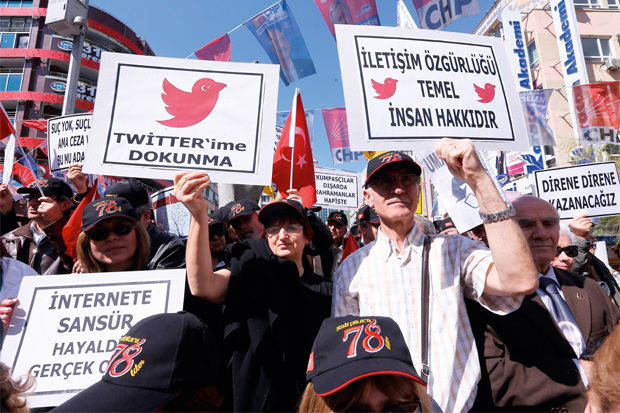
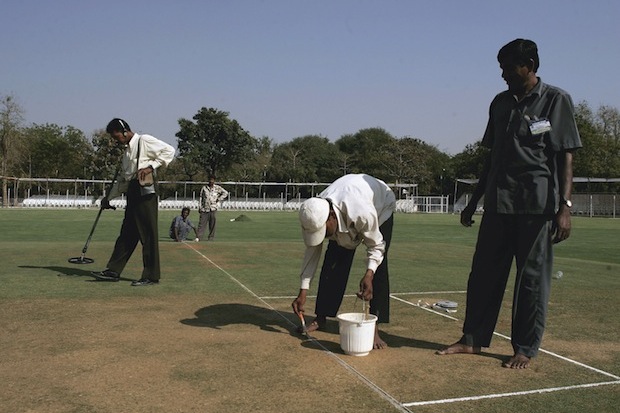

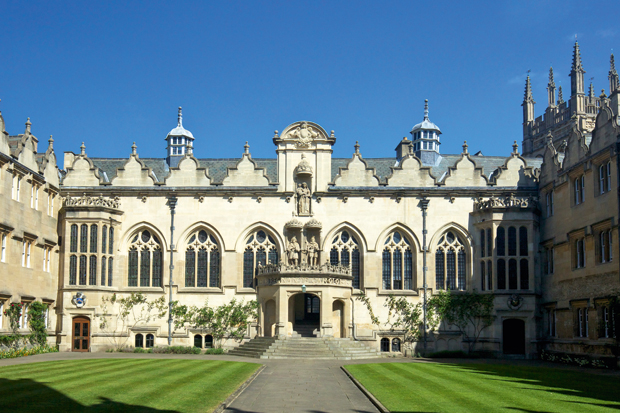
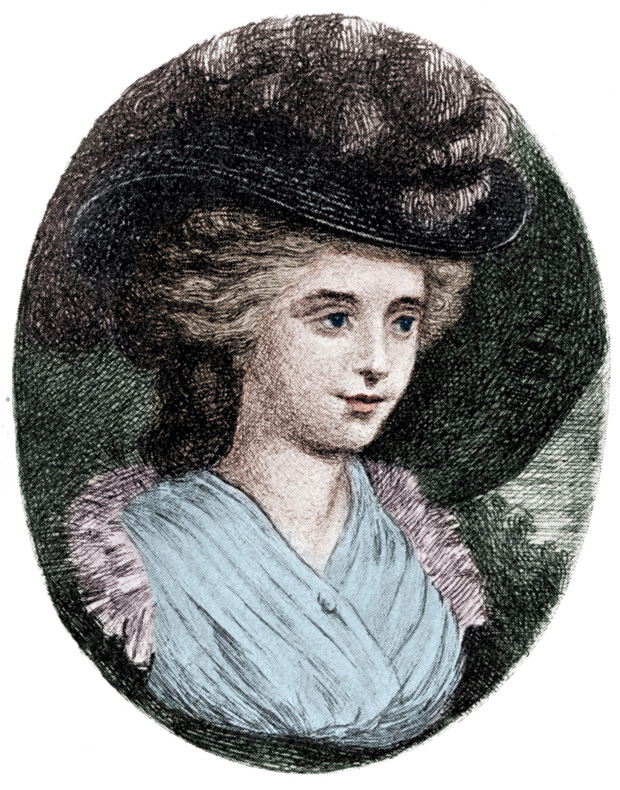
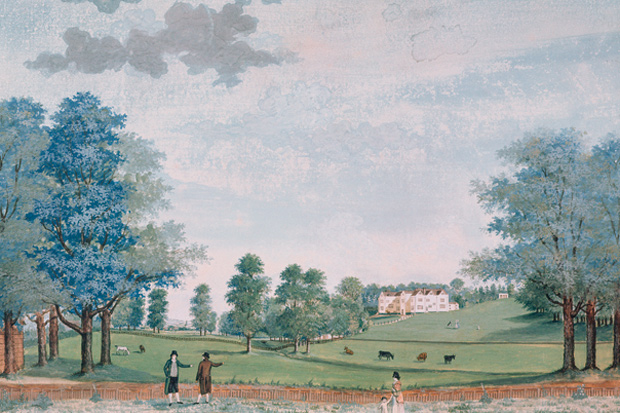
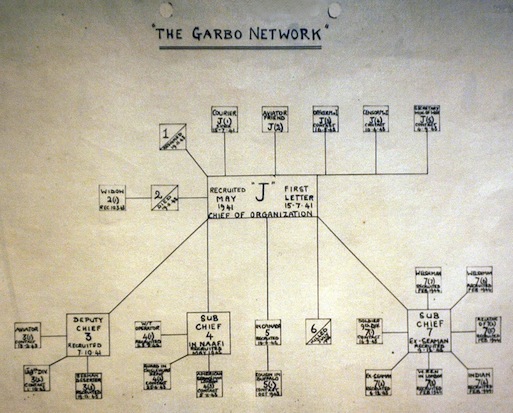






Comments
Don't miss out
Join the conversation with other Spectator Australia readers. Subscribe to leave a comment.
SUBSCRIBEAlready a subscriber? Log in